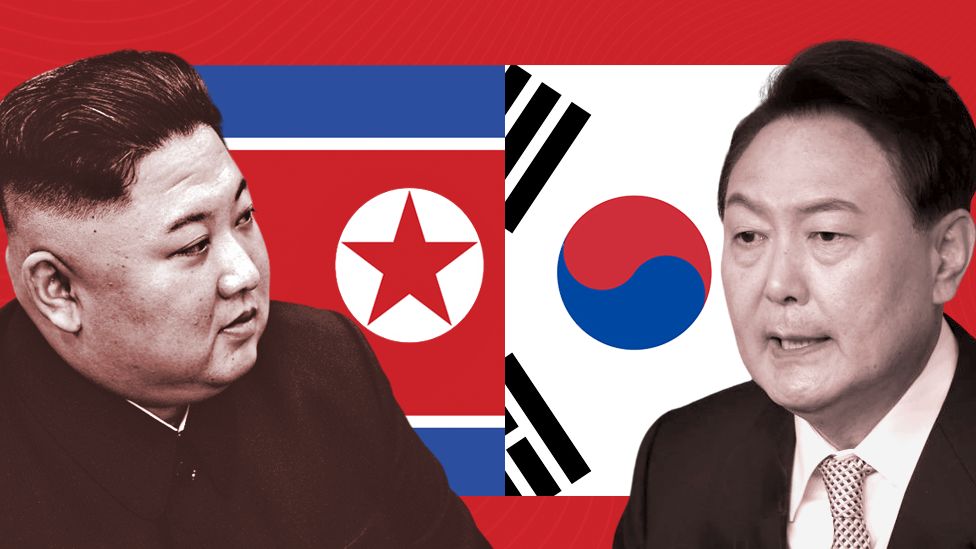
The Korean Peninsula is once again at the center of global attention as tensions between North and South Korea have reached a new height. In today’s episode, we delve into the recent escalation and explore the potential implications for the region.
Recent Developments
Recent events have sparked concern as North Korea fired 200 artillery shells near the South Korean border, prompting the evacuation of residents from border islands. This bold action comes after North Korea annulled a military agreement aimed at reducing tensions in November 2023. The artillery firing within the buffer zone of the West Coast is seen as a clear provocation and threatens the fragile peace in the region.
Response and Preparation
In response to the escalating tensions, South Korea has been on high alert, with the military preparing for potential conflicts, especially on the Northwestern border islands. Swift evacuations were conducted to ensure the safety of residents, despite no reports of damage or casualties. Additionally, the South Korean military is gearing up for live fire drills as a countermeasure.
International Dynamics
South Korea is not alone in facing this challenge, as it has the support of the United States and Japan through trilateral cooperation mechanisms. The focus now shifts to how these allied nations will respond to North Korea’s aggressive actions. North Korea’s recent provocations could be seen as a reaction to the strengthening of bilateral cooperation between South Korea and the United States.
North Korea's Aggressive Posture
North Korean leader Kim Jong-un’s recent remarks have also raised concerns, signaling a shift in stance towards South Korea and outlining aggressive military goals for 2024. This includes ramping up nuclear capabilities and asserting readiness for military confrontation.
Expert Perspectives
Experts are divided in their interpretation of North Korea’s actions, with some viewing them as a diplomatic strategy while others see them as defensive measures. The Korean Peninsula has been technically at war since the end of the Korean War in 1953, and tensions have escalated in recent years due to North Korea’s nuclear program.
Conclusion
The actions taken by both North and South Korea, along with international dynamics, will be crucial in shaping the future of this long-standing conflict. As we navigate through these uncertain times, it is imperative for all parties involved to exercise restraint and explore diplomatic avenues to de-escalate tensions and maintain peace in the region.



